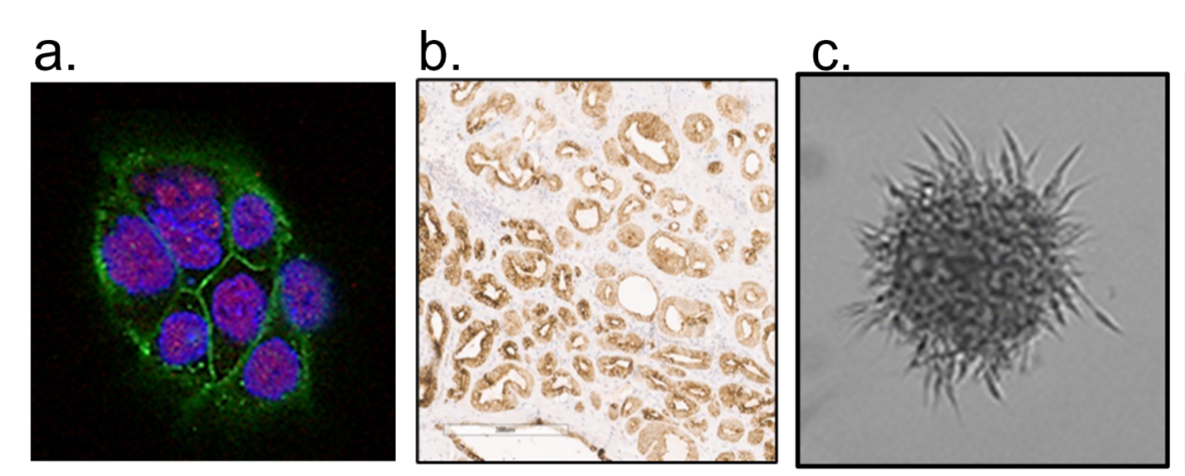Cancer Endocrinology Group
The Cancer Endocrinology Group pursues collaborative, multi-disciplinary research projects aimed at delineating the impact of altered metabolic conditions on cancer, to determine ways in which risk and progression can be ameliorated and treatment optimised.
We have a particular interest in insulin-like growth factors that are complex fundamental, nutritionally dependent regulators of growth and metabolism and, together with insulin, have been increasingly associated with cancers linked to a Western diet and lifestyle.
The team performs mechanistic studies using cell lines to understand the molecular processes underpinning a range of phenotypes important for tumour development, including proliferation, survival, migration, and invasion. We also play an integral role in clinical studies, through analysis of human samples, including tissue and blood.
Through understanding how cancers respond to different exposures, our work may identify ways of intervening to prevent the cancer developing and for those with cancer, better and more effective ways of treating patients.

